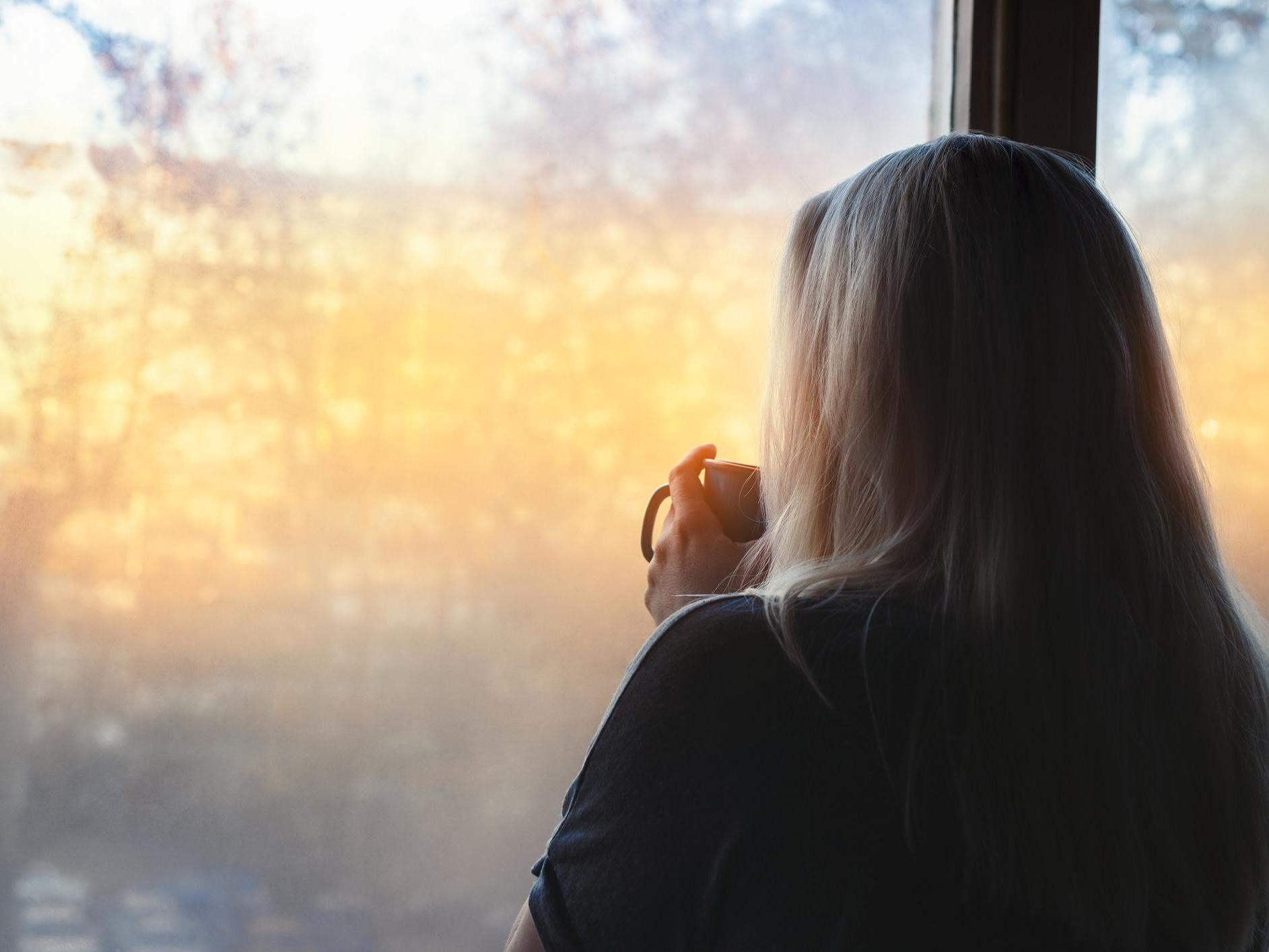One in three women suffering from loneliness in lockdown
Figures suggest women are more likely to suffer from loneliness in lockdown than men

Your support helps us to tell the story
From reproductive rights to climate change to Big Tech, The Independent is on the ground when the story is developing. Whether it's investigating the financials of Elon Musk's pro-Trump PAC or producing our latest documentary, 'The A Word', which shines a light on the American women fighting for reproductive rights, we know how important it is to parse out the facts from the messaging.
At such a critical moment in US history, we need reporters on the ground. Your donation allows us to keep sending journalists to speak to both sides of the story.
The Independent is trusted by Americans across the entire political spectrum. And unlike many other quality news outlets, we choose not to lock Americans out of our reporting and analysis with paywalls. We believe quality journalism should be available to everyone, paid for by those who can afford it.
Your support makes all the difference.One in three women are suffering from loneliness in lockdown, new research suggests.
According to a study carried out by economists at the University of Essex, women are experiencing more problems with mental health than men during the coronavirus outbreak.
For example, the number of people reporting at least one underlying mental health issue has risen from seven per cent to 18 per cent during the pandemic.
For women, this figure has risen from 11 per cent to 27 per cent.
The researchers suggested the difference could be because of the greater demands placed on women in terms of childcare and domestic duties.
The study found that more than one third of women (34 per cent) have reported feeling lonely sometimes in lockdown while 11 per cent said they often felt lonely.
For men, 23 per cent said they were sometimes lonely and just six per cent reported feeling lonely often.
The research is based on online interviews using the UK Household Longitudinal Study.
“Early studies produced since the onset of the Covid-19 pandemic have found deteriorating mental well-being, particularly apparent for women,” the study states.
“Using rich data we document a similar finding for the UK. We add to these existing studies by showing that much of the gender gap in well-being can be explained by gender differences in social factors and increased feelings of loneliness.
“We also show that gender differences in family-related time use and caring responsibilities appear to play a role.”
Join our commenting forum
Join thought-provoking conversations, follow other Independent readers and see their replies
Comments